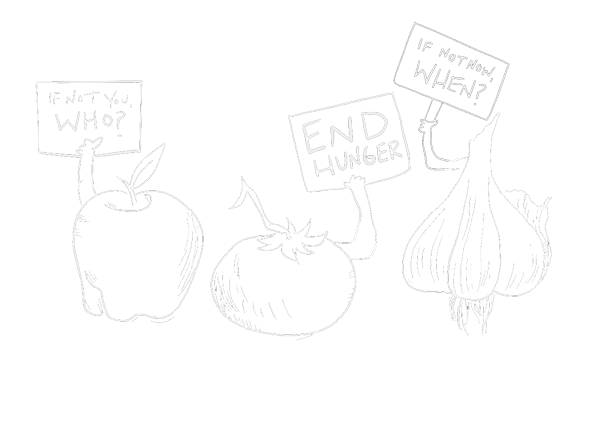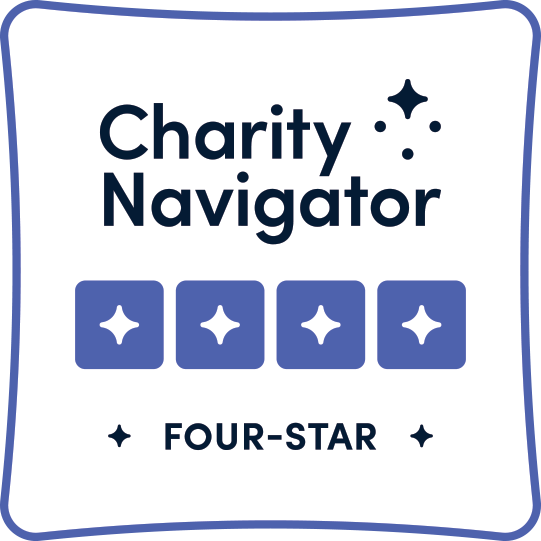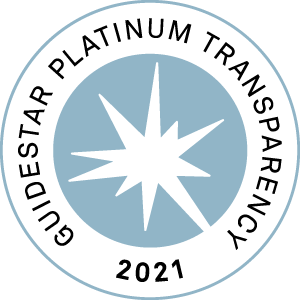“Food is a Basic Human Right” — Ford Roosevelt
– By Richel Shea, Lafayette College, ’22
In honor of Hunger Action Month, Feeding San Diego met with Ford Roosevelt to discuss the increasing need for food assistance during the COVID-19 pandemic and the concept of hunger as a basic human right. Roosevelt is the grandson of 32nd President Franklin D. Roosevelt and humanitarian Eleanor Roosevelt. He works at Project GRAD Los Angeles and fights inequity in the American school system.
Roosevelt’s personal work began upon witnessing the inequity of public school systems in California. Roosevelt, an educator, worked at schools in the Bay Area, but claims that he didn’t truly notice the disparity between education systems until he began work in Los Angeles. He said, “It just struck me – I think we’ve addressed this issue.” So, Ford Roosevelt began looking through the document that his grandmother worked so hard to create – the Universal Declaration of Human Rights – and there it was. “Article 26: Education should be free and equal to everybody.”
Roosevelt describes his grandmother’s stay with his family in Minneapolis when he was a child – to him, Eleanor was just “grand-mere.” However, he didn’t begin to understand the depth of Eleanor’s impact on the world until after she’d passed away when he began pressing his father. “As I got older and I read more and asked more questions, two things happened; I learned more from books, and I learned from my father, and then he passed away. And I realized I didn’t ask him enough.” So, Roosevelt dug into his family history – which has inspired him to carry on his grandmother’s legacy; particularly her work in human rights. In response to the impact that his grandmother’s work had on him, he says, “as I think about ‘how has that inspired me?’ I think a better question is: ‘how could it not inspire everybody?’”
In Paris 1948, with members of the United Nations, Eleanor fought to create a document entitled “The Universal Declaration of Human Rights.” This document lists the basic human rights that every single person has – the right to education, the right to protection, etc. “In everybody’s life, she’s had an impact. So I got involved in the human rights issues through a number of channels; not only learning about the 30 articles, learning about the journey that she wandered through [helping] to produce [the Declaration of Human Rights] in Paris and the battle she fought at the United Nations.”
While the right to food is not explicitly stated in the document, it is included as the right to an adequate standard of living. This was partially based on a speech by Eleanor’s husband, Franklin, regarding the “Four Freedoms”; the freedom of speech and expression, the freedom of every person to worship in his or her own way, the freedom from want, and the freedom from fear. Although there is no explicit reference to food, Roosevelt believes that the last two freedoms, from want and fear, implicitly cover food. He asks, “If you don’t have access to food, how can you freely participate in your community? … Even the idea of going to vote, if you’re hungry [isn’t feasible].” After shutting down schools due to the COVID-19 pandemic, the Los Angeles Unified School District continued to feed their students – over 60 million meals to students and families. “What does that tell you about access to food? … If you can’t eat, you probably won’t go to school, you probably won’t vote, anything like that. Eating is the primary function – you can’t be hungry and expect to lead a near-normal life of any kind.”
Regarding the Declaration of Human Rights, Roosevelt claims it is a very important, but failed document. While it is filled with content that should be followed – it is “just a road map.” Since it has not been put into official law, Roosevelt finds that his students never even learned about the document in history classes. “Unless it is taught and embraced day in and day out, it is somewhat of a failed document” – he believes that schools must display and explain the basic human rights to children, allowing them to absorb the content into adulthood. Ford recommends that all parents and teachers share the illustrated version of the Universal Declaration of Human Rights with their children and students.
When asked how his grandfather, Franklin Roosevelt, would react to this crisis, Ford points to his inaugural address as the 32nd President of the United States during the height of the Great Depression. At the time, a third of the nation was in distress – “what he said was ‘what the nation wants now is action. They want action now.’ … so what did he do? He put together the New Deal.” Although Roosevelt addresses the New Deal’s failings in addition to victories, he is insistent that the best course of action is the action itself. “If he were here today, I can guarantee that he’d say ‘this many people are out of work?’ and he would get legislation passed overnight.”
“I don’t think you can really expect us as a county, city, state, culture to move forward if a vast number of our population is hungry … The vast number of students that we’ve been working with for the last nine months, that had to leave school, find themselves when they return home … suddenly shelter and housing and food insecure.” Roosevelt discusses that, at now-closing Project GRAD Los Angeles, their team had to shift their focus away from college scholarships, and instead converting that money into direct payments to students who could not afford basic needs. “If you cannot get food on the table for you or your family, everything else pales in comparison.”
Roosevelt believes that his grandfather’s famous quote, “The only thing you have to fear is fear itself,” is incredibly important in times like today’s COVID-19 pandemic – “if we’re afraid because everything on different news channels makes us afraid, that creates inaction. Inaction paralyzes individuals, paralyzes groups, and paralyzes communities and cities, and so on. We have to be informed, we have to be empathetic.” Inaction can come from people who have the ability to help those in need, but also from those who need help, but are too afraid to ask for it. Food is a basic human right – “this is who we are – we are brothers and sisters of everybody. So what can we do together? If everybody is coming together on this then we have a much better community – but it takes one person to start it.” Every single action counts.



